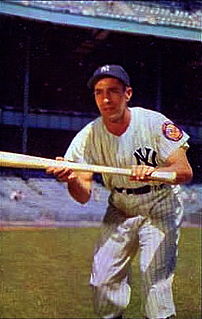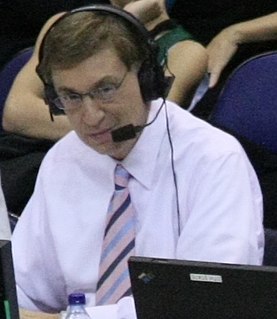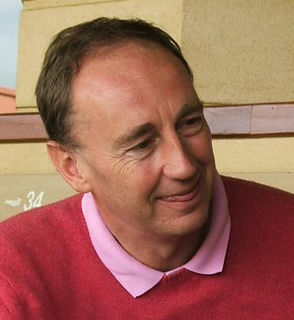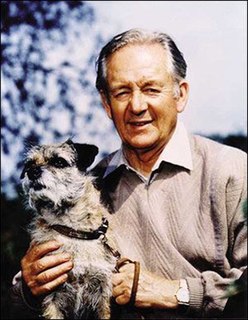A Quote by Rush Limbaugh
There's no passive success on radio. Well, in radio, one of the ways in which you engage people and make them active listeners and have them glued so that they don't want to do anything else, you have to find ways to incorporate this mystery called the theater of the mind. And it's the one ingredient that radio has that television does not that if used properly, if perfected and learned and executed properly, it can have a much greater impact than TV because it can create a much more intimate, direct connection with the audience.
Quote Topics
Related Quotes
I love the Beatles. I haven't named any kids after them but I still really love them. They were the first group that I was ever properly aware of. In my early teens I would sometimes stay in and listen to the radio all day in the hope that I would catch a song by them that I'd never heard before and be able to tape it on my radio-cassette player.
And there was that letter from the Bramleys—that really made me feel good. You don’t find people like the Bramleys now; radio, television and the motorcar have carried the outside world into the most isolated places so that the simple people you used to meet on the lonely farms are rapidly becoming like people anywhere else. There are still a few left, of course—old folk who cling to the ways of their fathers and when I come across any of them I like to make some excuse to sit down and talk with them and listen to the old Yorkshire words and expressions which have almost disappeared.


































